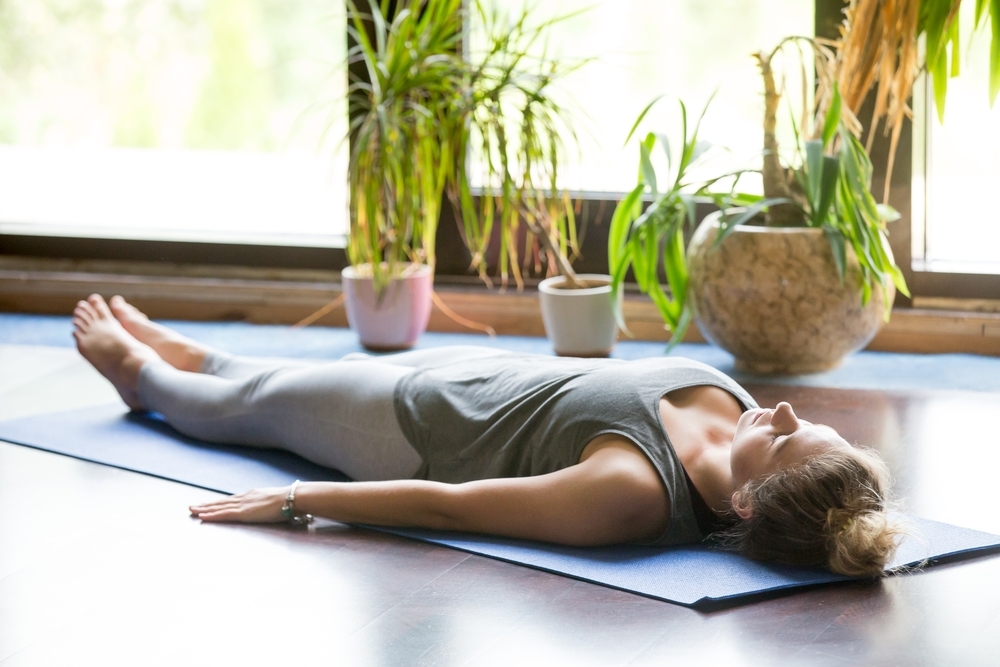Why is it that being bad feels so good? What is it inside of us that make us want to relieve our weekly stress by engaging in self-destructive behavior? Sure, after toeing the line all week, wanting to engage in a bit of weekend mayhem is totally understandable, but when being bad starts feeling bad, that might be a signal that you need to find a healthy alternative.
If you’re finding yourself having more downs than ups, here are a few things you might want to try.
Mind Relaxing Activities
Okay, so writing doesn’t sound like the most exciting way to spend a weekend, but leaving yourself some time to write might make it a little more relaxing. Writing about the things that are bothering you can help to put them into perspective. Aim to write for about 10 to 15 minutes each day about stressful events and how they affect you. Tracking your stress can help to locate the cause of it and find better ways of dealing with it.
Let It Out
Not very emotional? Maybe that’s the problem. Let yourself cry, laugh, talk and express anger when you need to. Seek support from family, friends, counselors, and even members of the clergy who are willing to provide a sympathetic ear.
Enjoy Yourself
A lot of the time, we see enjoyable activities as a barrier to getting things accomplished, but sometimes, they are just what you need to help you relax. You might try engaging in a hobby, such as gardening, a creative activity, volunteer work, or even caring and playing with pets.
Focus On The Now
- Mediate
Meditation helps you to concentrate on things that are happening in the present, temporarily allowing you to release anxiety
caused by thoughts about future goals and past mistakes. Meditation can be achieved by focussing on breathing. Mindful-based
stress reduction is an especially effective form of meditation for coping with stress. - Guided Imagery
Guided imagery is a way that helps you imagine yourself in a setting in which you feel calm and relaxed. Audiotapes, books and teachers can all help guide you through the process.
Relaxing Your Body
Exercise
If you’re considering committing to a regular exercise routine, it may seem more likely to add to the chaos of the day than escape from it. However, exercise is one of the best ways to relief stress. If the daily workout is not for you, walking is a perfectly acceptable form of exercise, as are housecleaning and yard work. Even the briefest stretch can provide relief from muscle tension.
Techniques
- Breathing exercises
Engaging in roll breathing and other types of deep breathing can help to beat stress. - Progressive Muscle Relaxation
This is a way of reducing muscle tension by relaxing muscle groups separately. - Yoga, tai chi, qi gong
These are all techniques which combine meditation with exercise. It may take some training to learn how to practice these effectively. Books and videos can help you to learn at home.
How are you relieving your stress healthily? Does it keep your bad behavior in check? Let us know how it’s working, or not working, for you.









